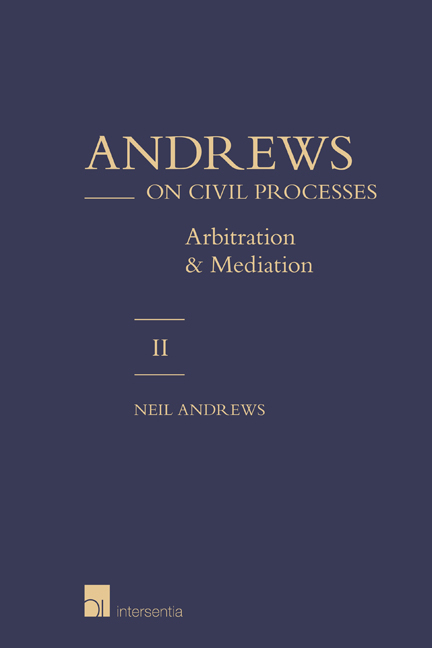Chapter 21 - Consumer Disputes: Extra-Judicial Resolution
from PART III - CONSUMER ADR
Published online by Cambridge University Press: 13 December 2017
Summary
European Union authorities are examining the possibility of introducing pan-European measures to regulate the array of private and public extra-curial techniques used in the field of consumer disputes. In this short account it will be sufficient to sketch some of these developments and to refer to further literature.
Government has an interest in fostering these systems because these cases are diverted from the ordinary courts.
Some traders have their own ODR (online dispute resolution) systems, such as Amazon's in-house dispute resolution.
Sometimes there is a trade sector, that is, an industry-wide, privatised funding of independent dispute resolution boards.
Within the UK there are statutory schemes of independent dispute resolution, for example, the Pensions Ombudsman and the Financial Ombudsman (which is binding on the financial bodies).
In the Netherlands there is a sectoral structure within arbitral proceedings, which are all run by a single private trust.
Although many of these systems are concerned with contractual complaints, there is scope to expand into the field of tort complaints and even public issues.
This interesting development involves expansion of (optional) consumer arbitration. This form of arbitration is less formal than traditional arbitration. This type of mechanism overcomes cross-border problems. It can produce cheap and speedy results and relief. Another advantage is that the decision-maker can be expert, the procedure can be stream-lined, documentary (or indeed on-line), and almost self-executing (indeed some trade associations might be the ultimate guarantors of such ‘awards’), without costs being incurred by the consumer, with a mix of mediation and decision-making.
Related cases (systemic default) can be processed through these systems by collective redress. Furthermore, these systems are good at collecting statistics and making these available to the public. Adverse publicity can affect the trading behaviour of the respondent(s).
But a disadvantage is that national systems of online dispute resolution are reluctant to decide points of law. It might be necessary, therefore, to have a referral system so that common and recurrent issues of legal uncertainty can be adjudicated by a national court.
What is the relationship between the courts and consumer dispute resolution? In Sweden there is now very little consumer litigation in the ordinary courts because the privatised system is effective.
- Type
- Chapter
- Information
- Andrews on Civil ProcessesArbitration and Mediation, pp. 397 - 402Publisher: IntersentiaPrint publication year: 2013

